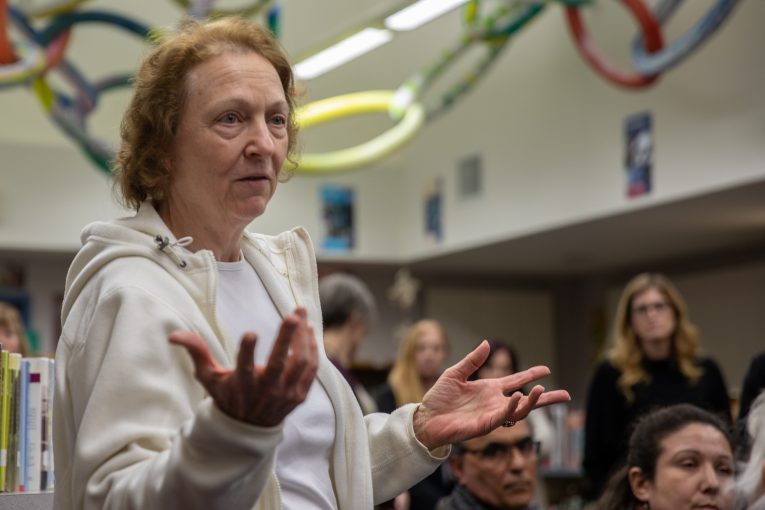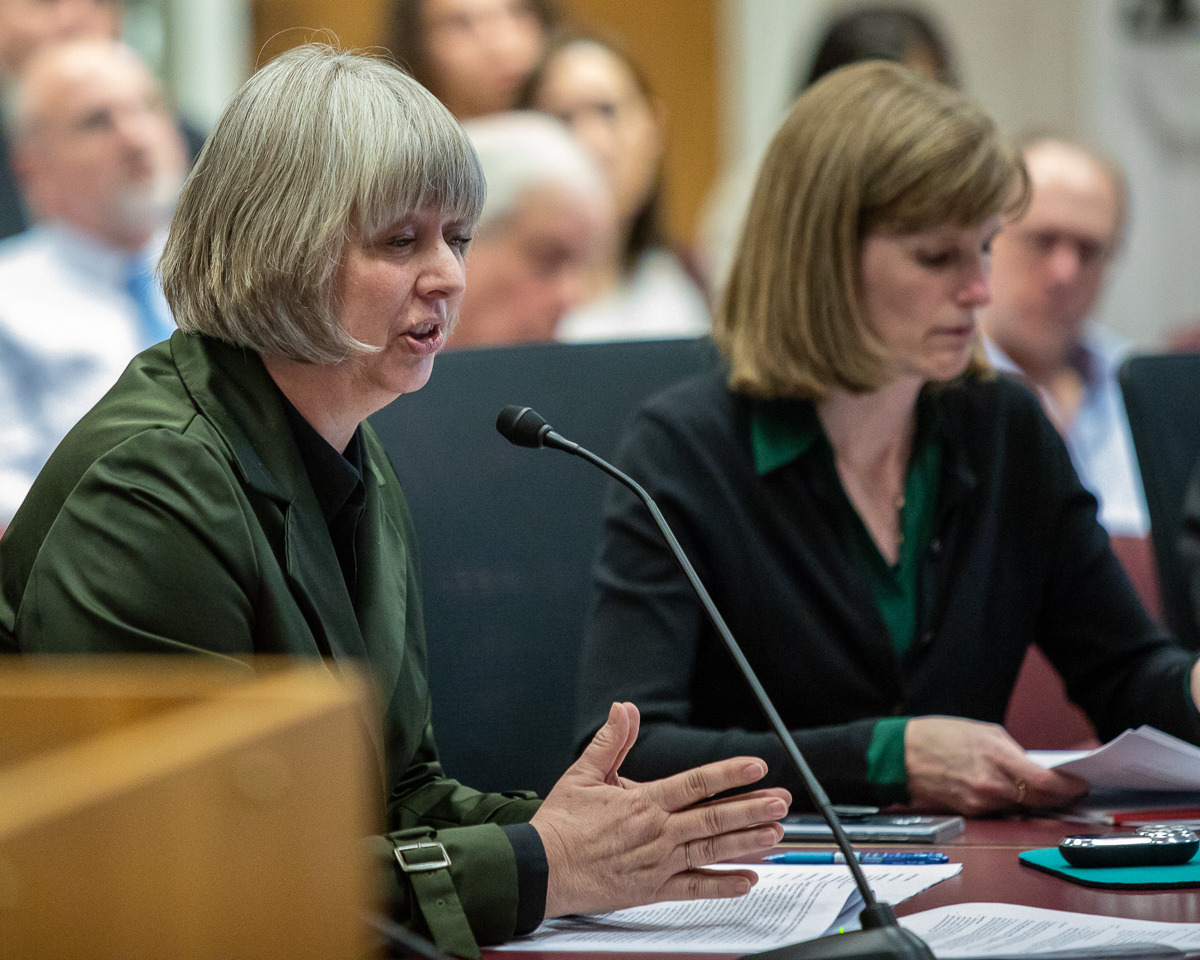

By David M. Greenwald
Amid complaints from neighbors, two years ago the Davis City Council took out an RFP (request for proposals) for the purpose of repurposing the Pacifico property. After receiving three proposals, however, staff is now recommending that the council close the RFP process without selecting any of the applicants and to consider the next steps.
When the Pacifico property was originally developed in 1999, it was to serve as affordable housing—a cooperative housing project aimed at students with rents restricted. Ten years later, finding a lack of interest by UC Davis students, and an unsustainable vacancy rate, the property was foreclosed and the city took ownership.
With the city in ownership, Yolo County Housing took over the management of the property. Currently the project has 33 occupied rooms, residents are at the very to extremely low end of the income spectrum and many are at risk for homelessness.
According to staff, “CH and the City both believe it is in the best interests of the City and the property if the City secure a new property management company. YCH has agreed to continue to manage the property through the end of this fiscal year or until the City can secure a new property management company, whichever is sooner.
“City staff concurs that continuing to utilize YCH for general property management is not in the best interests of any of the stakeholders: it takes YCH away from its core mission, it is expensive for the City, the neighbors have expressed frustration, and the residents are caught in the middle.”
Staff is now seeking additional council direction on how to proceed with the search and selection of a qualified property management company for Pacifico.
This remains a stopgap measure “to ensure the smooth operations of the property while the City determines the longer term use of it.”
Part of the problem is one of costs. Staff reports, “Pacifico has encountered a number of unexpected challenges over the past few years that have required outlays for maintenance and that have resulted in fluctuating occupancy.
“While there may be some short-term budgetary savings that will reduce the monthly operating costs, the buildings are over 20 years old and will continue to require significant maintenance and repairs,” staff continues.
They add, “Revenue can be addressed through increased occupancy (of the existing open buildings and the two closed buildings), alterations to the rent structures, and/or changes to the physical layout of the property. The City, however, does not have capital identified to make major changes to the property for the long term.”
Right now the property needs to retain the same level of affordability required by a covenant. It currently accounts for 96 affordable units which under the RHNA the city would require those units to either remain on site or be relocated to a different property.
“Replacing the existing units does not count toward the City’s new RHNA [Regional Housing Needs Allocation] allocation requirements,” staff clarifies.
Further staff finds, “Developing the site as market rate housing is unlikely to be cost-effective due to significant legal and financial hurdles.”
Moreover, “Any option that requires relocating the property’s existing tenants could be extremely costly and difficult to implement.”
However, “Use of the site for ‘student housing’ is an option, as long as it meets fair housing rules (structured and advertised to avoid a challenge that it discriminates against students with families).”
Staff recommends that the city assess the condition of the two closed housing buildings and estimate the cost of rehabilitation of both.
The council should then “[c]onsider whether to divest of the property or work to rehabilitate it in its current or an altered form, with or without a non-profit or for-profit partner. Consultation with a property developer experienced with this type of housing may be advantageous. Options identified here may lead to a recommendation to issue a new RFP with more specific parameters than the one done in 2019.”
They could then direct the council subcommittee of Mayor Partida and Councilmember Chapman to work with staff to determine the next steps.
—David M. Greenwald reporting
Support our work – to become a sustaining at $5 – $10- $25 per month hit the link:


So, do the megadorms meet those requirements (and “count” toward RHNA requirements)? And if not (or if the city “doesn’t know”), is that an acceptable answer before approving them?
The point is that they cannot simply remove the affordable housing without replacing it somewhere in the city.
I got that, but that doesn’t address the related question I asked. Especially since this was brought up, prior to approvals.
I don’t know the answer to the other – just wanted to make sure people understood what the issue raised in the staff report is.
Untrue… they can… there may be consequences, to be weighed, but they CAN do it… I hope they don’t.
I don’t think students with families are going to be a “problem”, considering the units don’t have kitchens.
After reading this article . . . . . . What a freakin’ mess!
Yep!
The original ‘model’, before the units were even built, was seriously flawed… some senior City staff questioned it, and their concerns were ignored… it was ‘sold’ as a pro-student, pro-diversity, egalitarian project… communal kitchen/dining area… very “co-op”…
Interesting original and optimistic concept, but then reality intervened… there have been some similar concept projects (Muir Commons?) that did well for years… not informed of current status… but those folk (as I recall) had ownership interests (like a condo?), and was mainly couples, families, not student oriented, with folk who deliberately chose that type of living environment… Pacifico had little of that, from the get-go…
I’d like to know more. There are some serious lessons here on a number of levels here . . . if this is viewed with a eye to learning from past mistakes.
I don’t know the details on the Pacifico model, but I note that Ann Arbor, MI (home of the University of Michigan) has a number of large residential co-ops that seem to be quite successful. My son chose to live in one when he started grad school last August, and likes it lot.
It may be that Pacifico isn’t large enough to support the kind of amenities (e.g. a staff chef) that make the Ann Arbor co-ops work.